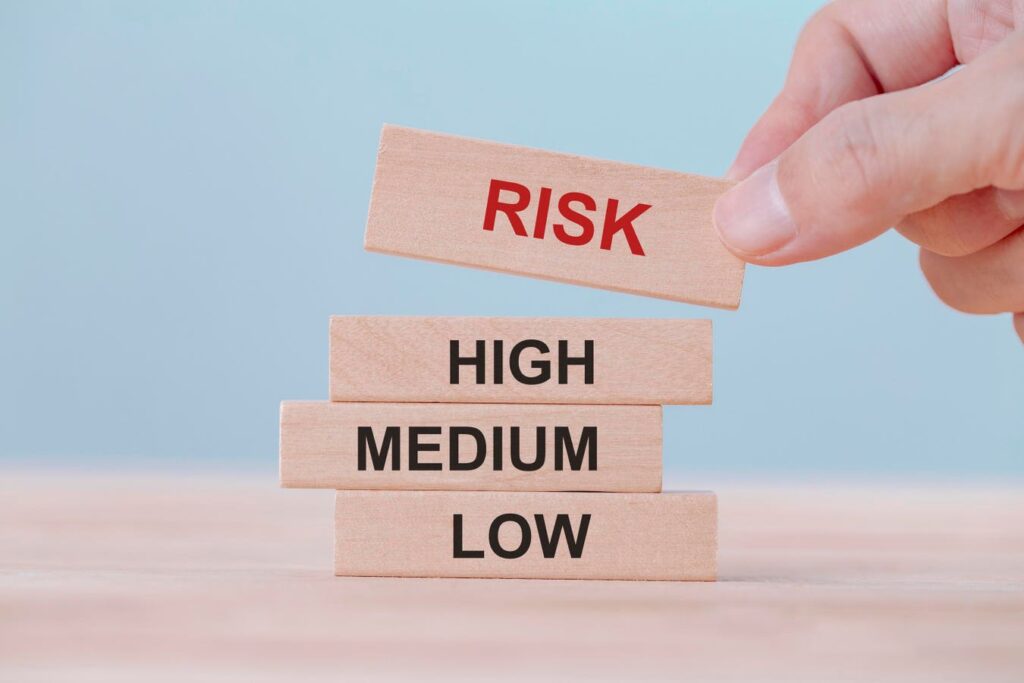
Describe a Risk You Took That You Thought Would Lead to a Terrible Result but Ended Up with a Positive Result
IELTS SPEAKING CUE CARDS:
Describe a Risk You Took That You Thought Would Lead to a Terrible Result but Ended Up with a Positive Result
You Should Say:
What was it?
Why you took it?
What was the result?
How did you feel about it?
SAMPLE ANSWER
One of the biggest risks I ever took was when I decided to study abroad in a completely unfamiliar country. It happened about two years ago when I had the chance to pursue higher education in the UK. Leaving behind my family and friends, along with the financial and emotional uncertainty, made me feel like I was jumping into the unknown.
I feared that it might be too difficult to adjust to a new culture and academic environment. I decided to take this risk because I wanted to expand my knowledge and gain international experience, which I believed would boost my career prospects.
Describe a Risk You Took That You Thought Would Lead to a Terrible Result but Ended Up with a Positive Result
The result was surprisingly positive. Not only did I adapt to the new environment quickly, but I also made many friends from different cultures, which helped me grow personally and professionally. I ended up performing well in my studies, gaining new skills, and landing a job soon after graduation.
Looking back, I am proud of my decision. It taught me that taking calculated risks can open doors to unexpected opportunities. I now feel much more confident about facing challenges and stepping out of my comfort zone.
Follow up
1. How should parents teach their children what a risk is?
Answer – Parents should explain to their children that risks are decisions with uncertain outcomes. They can encourage children to think carefully, consider consequences, and take small risks in safe environments to build their confidence.
2. What risks should parents tell their children to avoid?
Answer – Parents should teach children to avoid dangerous risks such as playing with fire, talking to strangers, or engaging in unsafe physical activities that could harm them.
3. Why do some people like to watch risk-taking movies?
Answer – Risk-taking movies often create a sense of excitement and thrill, allowing viewers to experience danger and adventure without any real-life consequences.
4. What kinds of sports are dangerous but exciting?
Answer – Sports like skydiving, bungee jumping, and rock climbing are considered dangerous but offer an adrenaline rush, making them thrilling for adventure seekers.
5. Why do some people enjoy extreme sports?
Answer – People enjoy extreme sports because they provide a sense of accomplishment, thrill, and the chance to push personal limits.
6. Are action films popular in your country?
Answer – Yes, action films are very popular because they are entertaining and full of thrilling sequences that capture the audience’s attention.
7. Do you think it is good if a leader likes to take risks?
Answer – Yes, a leader who is willing to take risks can bring innovation and progress, but it’s important that they take calculated risks to avoid unnecessary failures.
8. Do you think men and women will make different choices about risk-taking?
Answer – Sometimes, yes. Men are generally seen as more risk-prone, while women might take more cautious approaches. However, this varies based on the individual.
9. What about the young and old?
Answer – Young people tend to take more risks because they are more open to new experiences and less afraid of failure, while older people may be more cautious due to experience and responsibilities.
Describe a Risk You Took That You Thought Would Lead to a Terrible Result but Ended Up with a Positive Result
Vocabulary, Idioms, and Phrases:
Jumping into the unknown – Taking a risk without knowing the outcome.
Calculated risks – Taking a risk that is carefully thought out, not random.
Expand my knowledge – Increase my understanding and skills.
Stepping out of my comfort zone – Doing something that is unfamiliar or difficult.